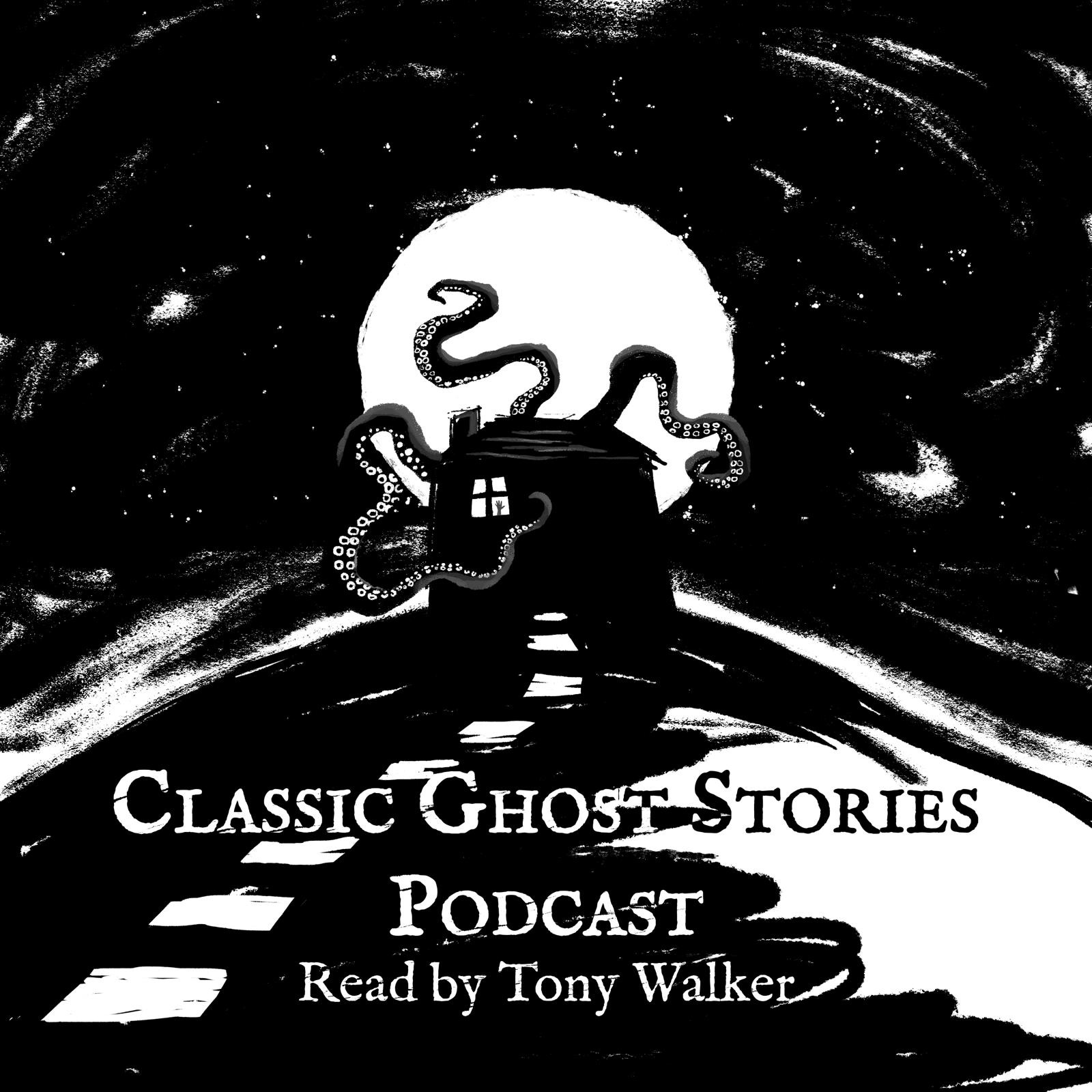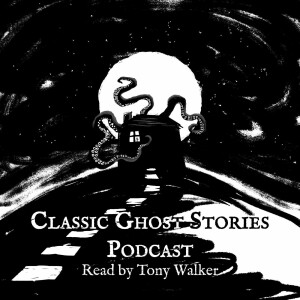
Only short, and not a ghost story. Imagine. This is my notes script. I did ramble off when reading from it. But it's just for you.
The Story of An Hour
It just shows how our life is completely transformed by seeing things from different perspectives. That is true both of the heroine, who dies, but also for us in this masterful tale with multiple twists.
The first shock, that Bently Mallard is dead and that his young wife, Louise — who has a heart condition— is now a widow is a fairly standard opening incident for a story. Things have suddenly, unexpectedly changed. And because the opening is standard, we are conditioned to expect a standard response and Kate Chopin leads is into this well.
We expect that the young widow cries and locks herself alone out of grief. That is what her sister and Mr Richards believe. They want to protect her from a sudden shock because of her weak heart.
The information about the weak heart is is a set up for the ending.
So far, so good. We are foreshadowed and wallowing in our expectations, then the first twist.
Just short of three minutes into the story, we have her crying herself to silence, sitting waiting for some unknown fear. We expect that the fear is of widowhood at such a young age—of being alone without a man to look after her. This last expectation would be even more expected when the story was published in 1894. But Kate Chopin was one of these ‘new women’ — I’m just reading Dracula, published in 1897, and Stoker goes on about these new women with their modern ideas, and I’m not sure he approves of them.
Even so, as Mrs Mallard begins to have an intuition about what her fear is, she tries to beat it back. But at last, at 3 minutes and 52 seconds into my reading, she says it: ‘Free!”. That’s what she was frightened of—her freedom.
She is free of the man who loved her, but whose love, as for most women of her class and position, enslaved her.
By 4 minutes and 2 seconds, she has reconciled herself and is no longer scared of her freedom.
The first twist then, is that she is not heartbroken to be a widow, but joyful.
We are told that Mr Mallard only loved his wife. But that she did not really love him. Perhaps sometimes she loved him, but mostly not. Now, in most stories this would be enough to brand her a heartless cow and the reader would lose all sympathy for her, but we don’t. We empathise and root for her in her new freedom, despite the fact is was won through her husband’s life being cut short and despite the fact that she never returned his devoted affection. Some trick that for a writer.
I was rooting for Louise Mallard even before I knew what she had wished her life was short because marriage made her so miserable. It made her miserable, and we can imagine that to be true even when the husband is not portrayed as a brute, even when he is portrayed as a good man. A good man, but a husband and therefore her captor.
She begins to revel in the imagined years of freedom. This is a further foreshadowing, which will be twisted. We buy it and then are switched.
At 5 minutes and 52 seconds, she realises that freedom is far more important than love. This is what the story is about.
At this time, when Louise Mallard is imagining and rejoicing in her free future, her sister is outside the door, taking our part, imagining that Louise is broken with grief, as would be correct and proper.
At 6 minutes and 54 seconds, Louise Mallard carries herself as a goddess of victory.
At 7 minutes and 4 seconds, someone is opening the front door. This is an example of prolepsis where a pronoun is used before the character is introduced, which is a device for creating suspense. It creates an ‘open loop’ in our minds. We wonder: who is this someone? and tension arises because that question has been planted in us.
He has a latch key. Oh, that must mean he is known and trusted by the household.
At 7 minutes and 8 seconds, Brently Mallard enters, unexpectedly alive. Another twist, and a big one.
We imagine the scene: the bemused Brently who has no idea what is going on in his house. The sister shrieking. His friend Richards, hiding him from his wife. Richards knows, even if we have forgotten, that Louise Mallard has a bad heart and that a shock could kill her.
At 7 minutes and 33 seconds Louise Mallard is dead.
The final twist then is that Louise Mallard does die of shock as they had all feared, but it is not at the shock of her husband being killed, it is at the disappointment that he is still alive.
And all this in 7 minutes and 42 seconds. Not bad.
So there is one initial shock to set us on the emotional roller coaster: that Brently is suddenly killed. The first twist is that she rejoices in his death. The second twist is that he isn’t dead, and the final twist is that her death comes from shock, as we might have expected, but it’s the opposite kind of shock that we were set up to expect.
It works so well because the final twist is well foreshadowed. She already alerted us to the weak heart right at the beginning. If Kate Chopin had revealed at the end that Louise had a weak heart, there would not be a plot hole, that is, the end would be perfectly logical. We would have said, “Ah, well, what a pity.” But because of the foreshadowing, and the deft touch where Richards realises what is going to happen before we do (unless we were very quick), instead of “Oh!” We end up saying “Aha!”
And Ahas are always better than Ohs.
This is a public episode. If you’d like to discuss this with other subscribers or get access to bonus episodes, visit tonywalker.substack.com/subscribe
More Episodes
 2022-09-24
2022-09-24
 2022-09-15
2022-09-15
 2022-08-27
2022-08-27
 2022-08-22
2022-08-22
 2022-07-24
2022-07-24
 2022-07-22
2022-07-22
 2022-07-18
2022-07-18
 2022-07-11
2022-07-11
 2022-06-27
2022-06-27
 2022-06-25
2022-06-25
 2022-05-15
2022-05-15
 2022-04-16
2022-04-16
 2022-04-08
2022-04-08
 2022-03-25
2022-03-25
 2022-03-18
2022-03-18
 2022-02-21
2022-02-21
Create your
podcast in
minutes
- Full-featured podcast site
- Unlimited storage and bandwidth
- Comprehensive podcast stats
- Distribute to Apple Podcasts, Spotify, and more
- Make money with your podcast
It is Free
- Privacy Policy
- Cookie Policy
- Terms of Use
- Consent Preferences
- Copyright © 2015-2024 Podbean.com






